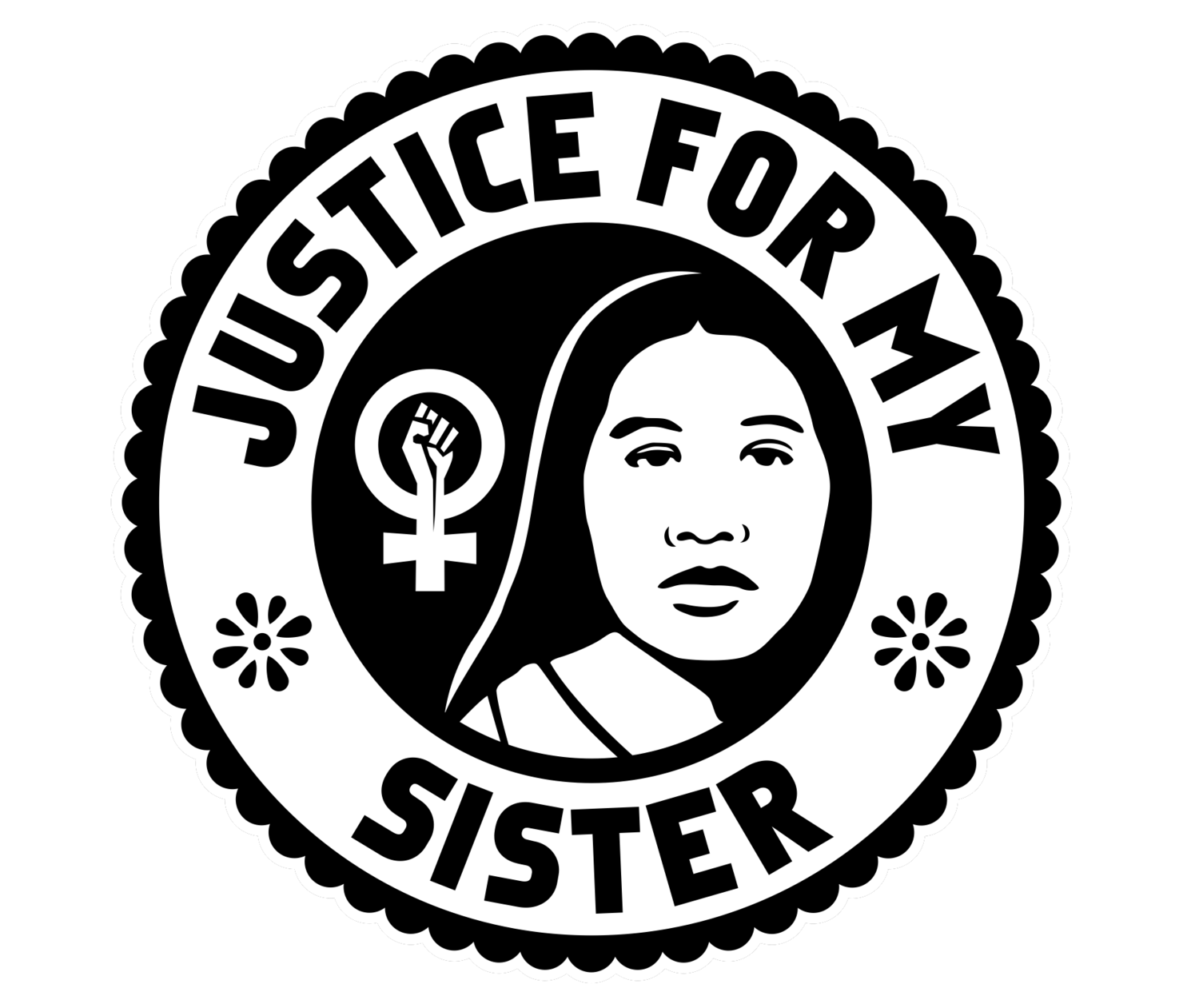Systems Change
Storytelling holds real power: it shapes policy, informs public health, and decides whose experiences count. Justice for My Sister channels that power to shift industry standards toward safety, equity, and accountability.
Film and media shape public understanding and set the boundaries for whose stories get told. Justice for My Sister treats storytelling as an engine for structural change. Our Systems Change work redesigns production norms, policy guidelines, and educational frameworks so that equity and safety are built into everyday practice rather than added later.
Drawing on years of instruction and on-set experience, we convert trauma-informed methods into practical tools that studios, school districts, and public agencies can adopt. Partners learn consent-based interviewing, equitable hiring strategies, and nonviolent communication that protects participants and honors lived experience. Custom trainings, facilitated sessions, and research collaborations give organizations clear benchmarks and ongoing support as they shift culture from the inside.
The result is a media ecosystem where BIPOC creatives and survivors of violence direct their own narratives, and where inclusive practice is a baseline expectation for any project.
Learn more below about our programs and contact us to schedule a training.
Trauma-Informed Storytelling Trainings & Facilitation
Our flagship training series equips educators, clinicians, producers, and community organizers with practical tools for responsible narrative work.
This flexible training series gives professionals a step-by-step approach to consent-based interviewing, crisis de-escalation, and narrative design that honors participant agency. Attendees practice scenario planning, review sample release forms, and learn how to close shoots with wellness check-ins. Custom case studies draw from fiction, documentary, and branded content, making the curriculum relevant whether your team runs a writers’ room, a communications department, or a social-service program.
Participants learn how trauma affects memory and voice, how to conduct consent-based interviews, and how to structure productions that keep both subjects and crews safe. Past clients include the California Arts Council, Pasadena Unified School District, and the Los Angeles County Department of Mental Health.
Why It Matters:
Trauma-informed methods reduce re-traumatization during interviews, workshops, and on-set interactions, creating safer spaces for everyone involved.
Stories crafted through consent-based processes carry authenticity that resonates with audiences and funders, improving impact and reach.
Concrete tools provided in our trainings help studios and agencies recruit, mentor, and retain BIPOC talent, closing long-standing access gaps behind the camera.
Nonviolent communication techniques lower conflict rates and boost collaboration, leading to smoother productions and classrooms.
Trainings align with DEI benchmarks, mental-health guidelines, and grant requirements, positioning organizations for new partnerships and resources.
Do you want to bring this training to your company or crew? Applications are accepted on a rolling basis. Contact us to check dates, pricing, and format options.
Additional Professional Services:
Professional Education for Clinicians & Teachers
Specialized modules that blend media literacy with therapeutic or classroom practice, helping professionals guide young people through difficult content.
Parental Education for Media Literacy
Practical frameworks for talking with children about representation, online safety, and consent in media. Justice for My Sister offers evening or weekend sessions that give parents and guardians concrete frameworks for discussing representation, consent, and online safety with children.
If you would like details, sample agendas, or references, email info@justiceformysister.org and we will prepare a tailored information packet.
Policy Advocacy & Research
We partner with nonprofits, corporations, and civic offices to promote inclusive hiring incentives, ethical content standards, and data transparency in entertainment. Current projects include a baseline study on BIPOC workforce retention and a briefing series for local policymakers interested in trauma-informed film incentives. More information will be added as publications are released.
These services extend the ripple effect of each program, transforming not just individual careers, but the systems that shape what stories reach the screen.

